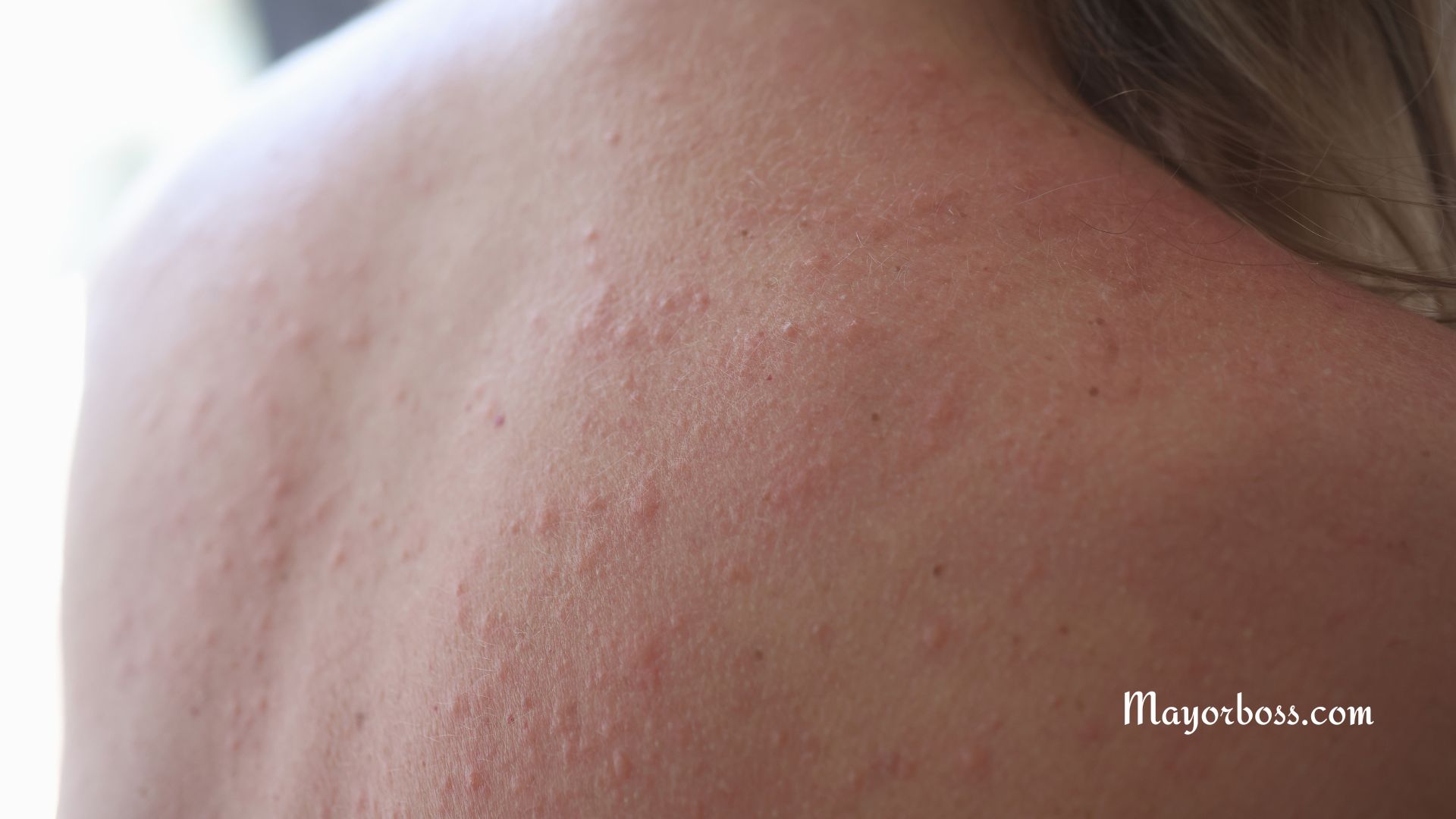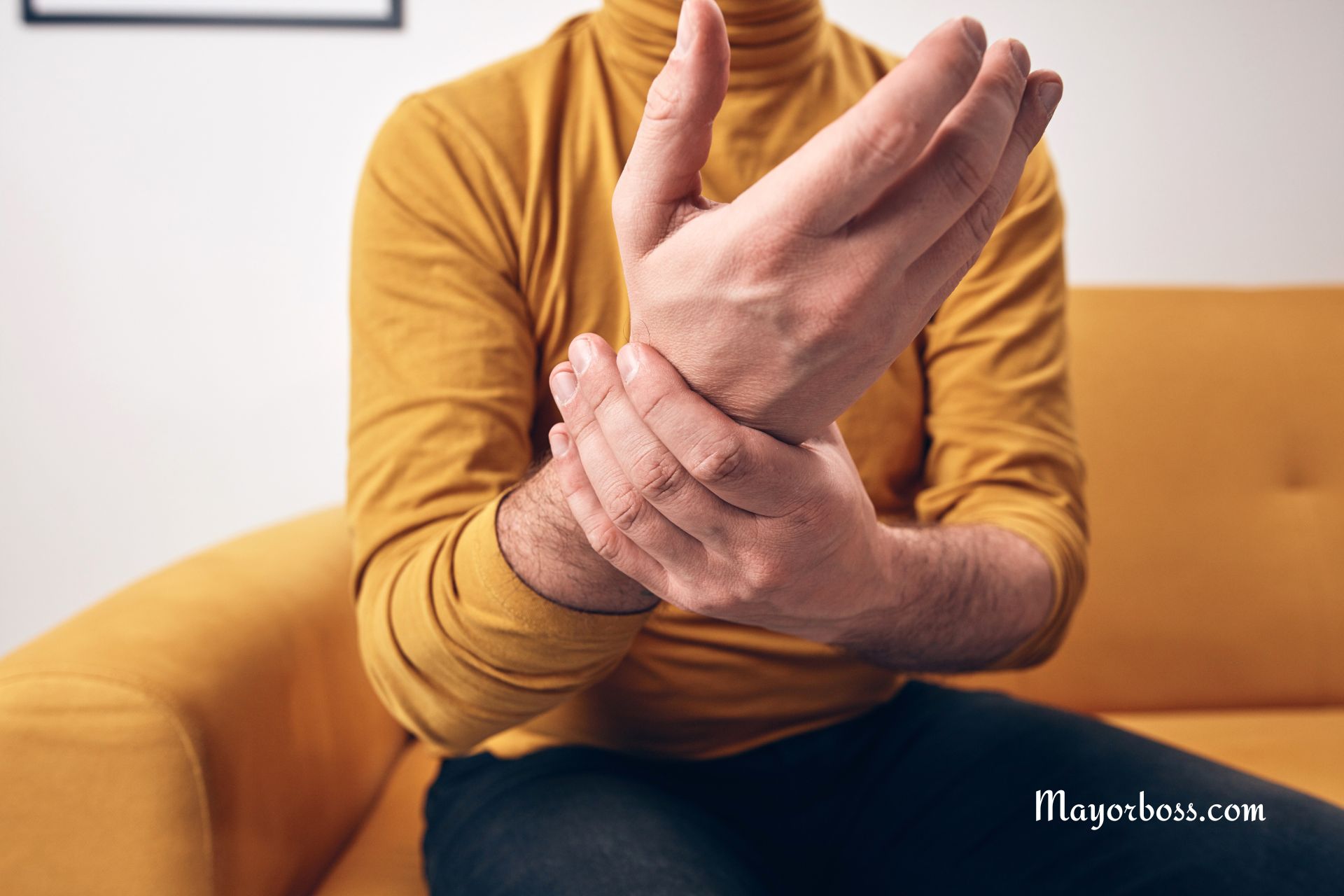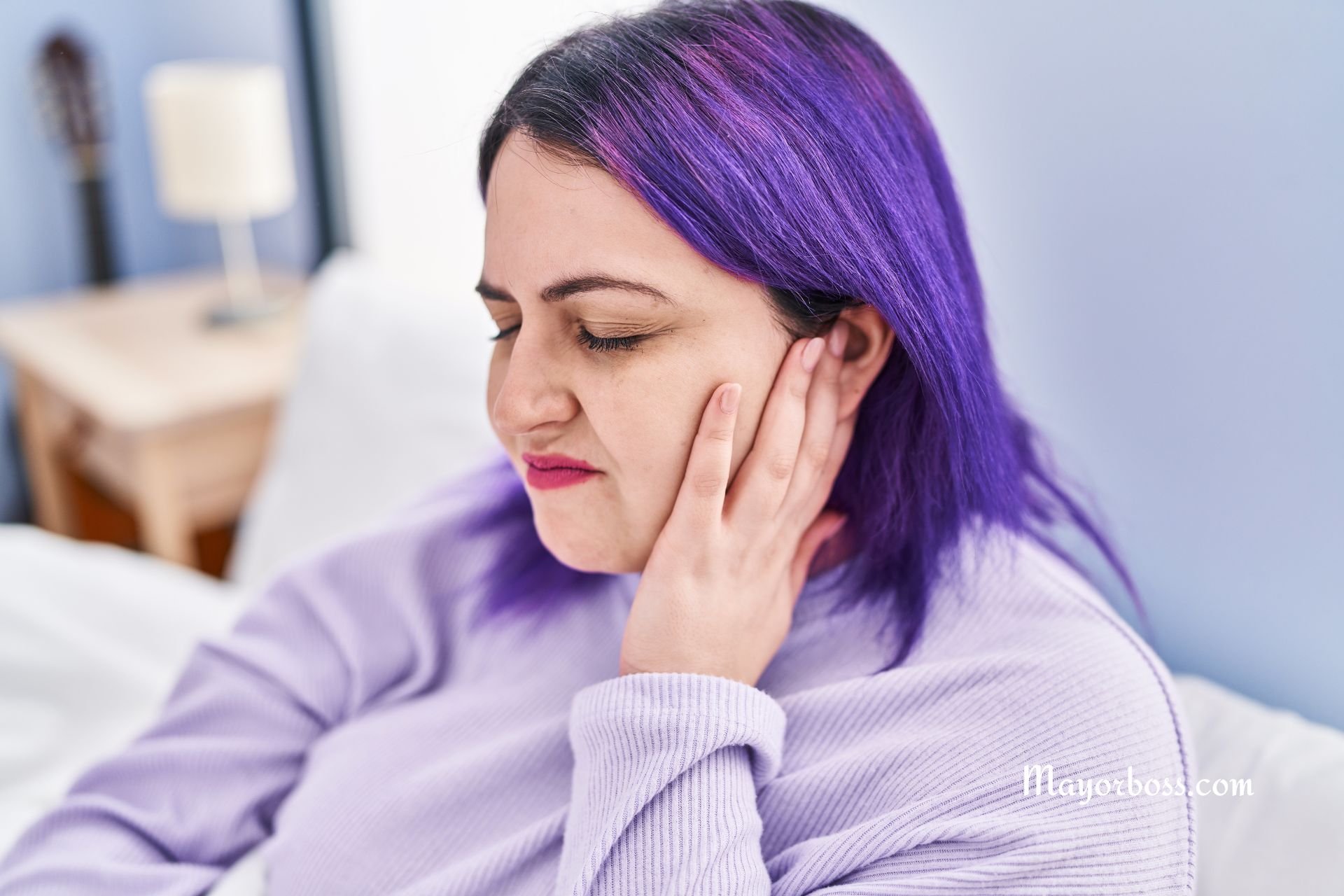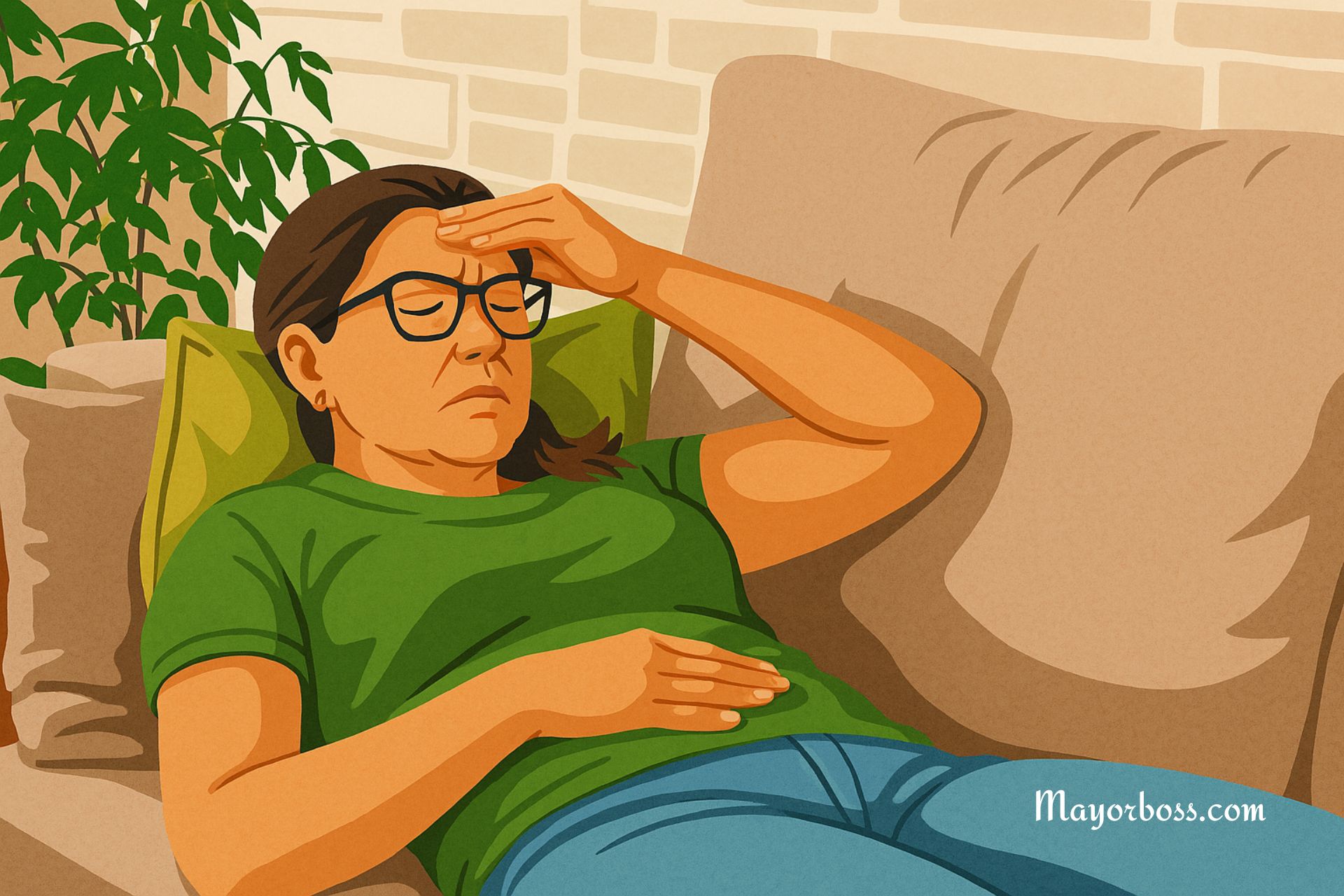Can Stress Cause Rashes?
Can stress cause rashes? Stress can indeed contribute to skin rashes. Factors like increased production of stress hormones and immune system changes make your skin more susceptible to conditions like eczema and hives. However, it’s crucial to rule out other potential causes like allergies or skin infections.

How Stress Affects Your Skin
When you’re stressed, your body produces more of the hormone cortisol. This hormone helps you respond to stress but also leads to some not-so-great side effects. For instance, increased cortisol can make your skin oilier and more prone to acne. Additionally, stress can cause your immune system to act up, making existing skin conditions like eczema or psoriasis worse.
The Connection Between Stress and Rashes
A direct link exists between stress and rashes. For example, stress can exacerbate conditions like eczema and psoriasis. In people with these conditions, stress tends to trigger flare-ups or make existing ones worse. Also, stress can be a catalyst for a condition known as “stress-induced hives,” which are red, itchy bumps on the skin. These hives may last for a few hours or even a few days, depending on how well you manage your stress.
Symptoms to Watch For
If you’re worried about stress affecting your skin, look out for some common signs:
- Red, itchy patches
- Small, raised bumps
- Dry, flaky skin
- Swelling and irritation
Other Potential Causes of Rashes
While stress can be a culprit, other factors might be at play. Examples of these are:
- Allergic reactions to foods or substances
- Bacterial or fungal infections
- Heat and friction
- Skin contact with irritants
Diagnosis and Treatment Options
If you suspect that stress is causing your rash, consult a healthcare provider for a proper diagnosis. They might recommend tests to rule out allergies or infections. Treatment often involves topical creams or antihistamines to reduce itching. In more severe cases, you may need prescription medication to control flare-ups.
How to Manage Stress-Induced Rashes
To tackle stress-induced rashes, you can take several steps:
Improve Your Stress Management
Practicing relaxation techniques like deep breathing or meditation can help lower your stress levels, thus reducing the likelihood of rashes.
Adopt a Skin-Friendly Diet
Certain foods can help improve your skin’s health. These include fruits rich in antioxidants and fatty fish high in omega-3 acids.
Maintain Good Skincare
A proper skincare routine can go a long way in preventing rashes. Make sure to keep your skin clean and moisturized.
Consult a Healthcare Provider
For persistent or severe cases, seeking medical advice is crucial. Your healthcare provider can prescribe medication or other treatments to help manage your symptoms.
Frequently Asked Questions
Can Stress-Related Rashes Go Away on Their Own?
Yes, many stress-related rashes tend to fade once the stressor is removed or managed. However, in some cases, medical intervention may be necessary. Topical creams and antihistamines are often used to alleviate symptoms.
What Does a Stress Rash Look Like?
A stress rash typically appears as red, itchy patches or small raised bumps on the skin. The rash can occur anywhere on the body but is most commonly found on the face, neck, and chest. You may also experience dry, flaky skin or swelling in more severe cases.
Are Stress Rashes Contagious?
No, stress rashes are not contagious. They are a result of your body’s response to stress, so they cannot be passed on to someone else through skin-to-skin contact. However, if the rash is due to a different underlying condition, such as a fungal infection, it could be contagious.
How Can I Distinguish a Stress Rash from Other Types of Rashes?
Identifying a stress rash can be challenging because it often mimics the appearance of rashes caused by other factors like allergies or infections. The key difference is the timing in relation to stress. If you notice that your rash appears or worsens during stressful periods, it’s likely stress-related. Consulting a healthcare provider for proper diagnosis is essential.
Can Children Get Stress Rashes?
Absolutely, children can also experience stress-induced rashes. Kids are not immune to stress, and physical symptoms can manifest in a similar way to adults. If you notice your child developing a rash during stressful times, such as around exams or family changes, it’s advisable to consult a pediatrician for proper diagnosis and treatment choices.
Further Reading: What Causes Underboob Rashes and How to Treat Them






